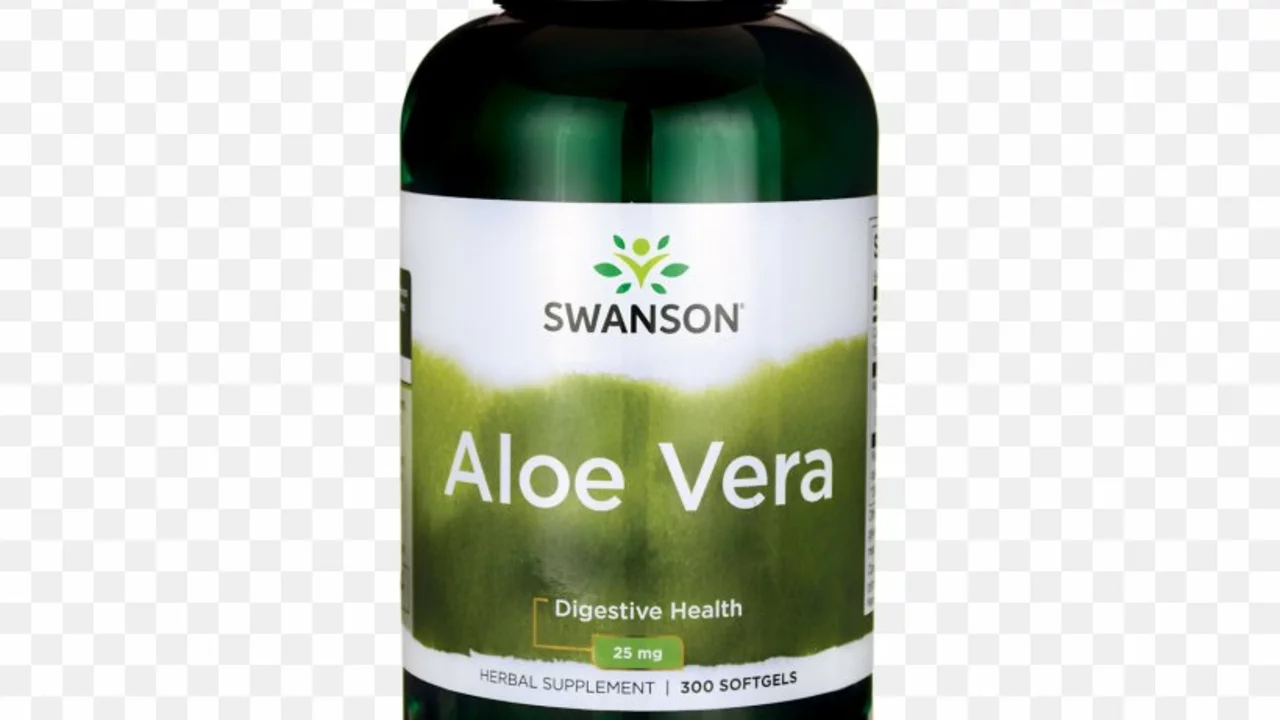Herbal Supplement Guide: Benefits, Risks & Top Picks
If you’ve ever wondered whether a plant‑based pill or powder can actually help you feel better, you’re not alone. Herbal supplements have been around forever, but the boom of online stores makes picking the right one tougher than ever.
What Exactly Is an Herbal Supplement?
An herbal supplement is any product that contains plant material—leaves, roots, seeds or extracts—packed into a capsule, tea, tincture, or powder. Unlike prescription drugs, they aren’t required to prove effectiveness before hitting the shelf, so you’ll see a wide quality range.
The big draw? They’re natural, often cheaper than brand‑name meds, and can be taken alongside many prescriptions. The flip side is that “natural” doesn’t always equal safe. Some herbs interact with blood thinners, diabetes meds, or even change how your liver processes other drugs.
How to Choose a Safe & Effective Herbal Supplement
1. Look for third‑party testing. Companies that let labs verify potency and purity usually put the seal on the label. If you can’t find it, ask the seller for a Certificate of Analysis.
2. Check the ingredient list. Some products hide fillers, synthetic binders or even other herbs that could cause reactions. Aim for a short list with clear botanical names (e.g., Echinacea purpurea).
3. Know your dosage. Too little won’t work; too much can trigger side effects. Trusted sites often give milligram ranges based on research.
4. Read reviews from real users. Look for specific feedback about effectiveness and any adverse reactions. Skip the vague “great product” comments without details.
5. Talk to a health professional. A pharmacist or doctor who knows herbs can spot red flags before you start.
Top Popular Herbal Supplements (2024‑2025)
Turmeric/Curcumin – Known for anti‑inflammatory power. Pair it with black pepper extract (piperine) to boost absorption.
Echinacea – Often used to shorten colds. Works best when taken at the first sign of symptoms.
Ashwagandha – An adaptogen that can lower stress hormones and improve sleep quality for many people.
Milk Thistle – Supports liver health, especially if you take other meds that tax your liver.
Ginkgo Biloba – Some users report sharper memory, but it can thin blood, so watch out if you’re on anticoagulants.
Remember: the best supplement is the one that fits your health goals and personal tolerance. Start with a low dose, monitor how you feel, and adjust as needed.
Bottom line: herbal supplements can be a useful addition to a balanced diet, but they need the same care you’d give any medication. By checking for quality seals, reading labels, and consulting a professional, you’ll reduce risk and increase the chances of real benefit.
